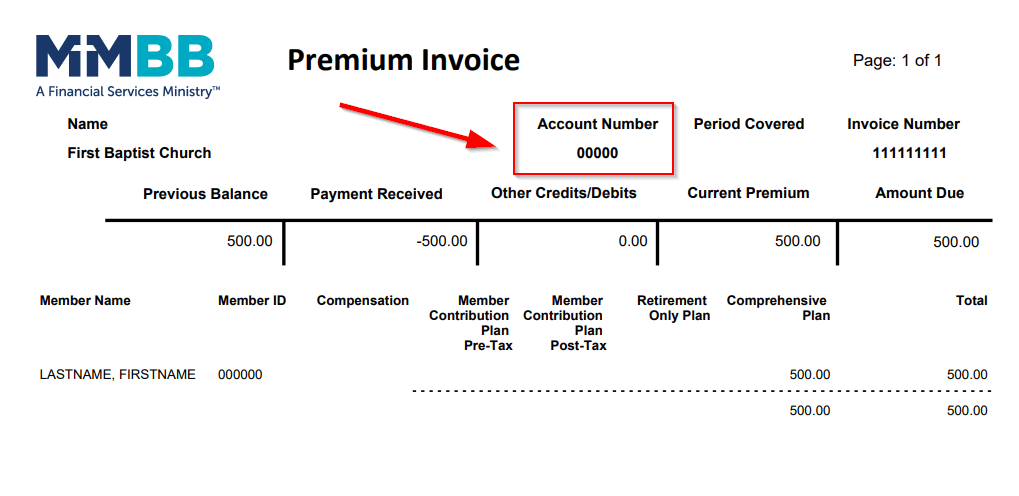Dear MMBB Family:
As I write this to all of you, the Federal Reserve has recently completed its 0.75 percentage-point Fed Funds rate increase. Also, the U.S. stock market (as measured by the S&P 500, Dow Jones Industrial Average, and Nasdaq Composite indices) have either officially entered bear market territory (down 20% or more from a recent high) or are flirting with it. The biggest talk in town seems to be about a looming recession, and whether the Fed can successfully engineer a “soft landing” for the economy.
A significant underlying root cause of all this is inflation. U.S. inflation clocked in at an 8.6% annual rate in May – the highest level since 1981. What was first thought of as a “transitory” condition appears to be more than that, causing the Federal Reserve Bank to do a quick “about face” from its original stance. Accordingly, the Fed has begun implementing its “tightening” policy by
- stopping its monthly purchases of treasury and agency mortgage-backed bonds (a program known as Quantitative Easing), and
- raising the short-term borrowing rate by 1.5 percentage points within the last four months to bring the current Fed Funds rate to a target range of 1.50 to 1.75 percentage points.
Inflation certainly has made its mark on the global economy and capital markets, sending shockwaves to consumers and investors alike. But what triggered this inflation? Well, various market forces have come together in a perfect storm to create this environment.
First there was the COVID-19 pandemic, which forced worldwide governments and central banks to induce economic shutdowns while, at the same time, flooding the economy with easy money to keep the economy’s heart beating. As dire as the outlook was back then, and as necessary as it may have been, some argue that the monetary and fiscal responses were “too accommodating.” The intent of the Federal Reserve and our government was to stimulate the economy with “shock and awe” so that there would be no question of whether we had done enough. The Federal Reserve followed through by lowering the Fed Funds borrowing rate to a target range of 0% to 0.25% and began its quantitative easing program of buying treasury and mortgage-backed securities to ease borrowing conditions.
On top of what the Fed was doing, the US government rolled out a massive fiscal stimulus of its own including economic stimulus payments (“stimulus checks”) to households, generous unemployment benefits, tax credits to households and businesses, and cheap forgivable loans to businesses. These monetary and fiscal policies certainly achieved their purpose – and then some! Many argue that these stimulus policies worked “too well.”
As the economy began to recover from the pandemic, pent up demand from consumers exploded. Unfortunately, the demand has exceeded what the economy was prepared to supply in terms of goods, services, and labor. That obviously led to a natural jump in prices to balance out the economic forces and achieve some form of equilibrium. At first, inflation was believed to be passing and controllable. But global supply chain problems continued to put pressure on prices. And with Russia’s invasion of Ukraine, followed by sanctions on Russia, both added fuel to the fire by creating even more supply shocks in energy, raw materials, agricultural products, and food. On top of all that, China’s “Zero COVID” policy of fighting the pandemic has led to shutdowns in manufacturing and distribution, further hampering global supply chains. Lastly, arguments have been made that the Fed has been “behind the curve,” acting too late to take inflation seriously.
So, what can investors do? First, understand that market declines eventually come to an end. Even if we do enter into a recession, remember that a recession is just a normal part of the economic cycle and eventually comes to an end as the economy enters economic expansion. In fact, many economists expect inflation to level off by the end of this year. The bond market is predicting 5-to-10-year average inflation to be much lower than today’s level and closer to what has been normal in the past.
Therefore, investors should focus on the things they can control. For example, this is a good time for investors to revisit their goals, risk tolerance, and investment time horizon to make sure their portfolio actually reflects their needs and is well diversified. Keep in mind that volatility can cause portfolio allocations to drift from their original target, so times like this are ideal for rebalancing your investment mix and making sure it still aligns with your intentions. In fact, when rebalancing your taxable accounts, opportunities may arise for “tax loss harvesting” to reap some tax benefits. It is also worth remembering that market timing (i.e. moving out of the market in hopes of avoiding losses and then reinvesting later to capture market gains) rarely is successful.
In addition, rather than just focusing on your investments, consider other financial strategies as well.
- If you have high interest or variable rate debt, paying down such debt would be equivalent to generating guaranteed investment returns at that same rate.
- Budget your spending carefully and maintain an ample cash reserve.
- If you are close to retirement, consider whether you have the flexibility to delay claiming social security benefits to earn delayed retirement credits.
Remember that declines are just part of the normal investment cycle. And history has shown that market expansions usually last longer than market declines. Eventually, we will turn the corner. In the end, this storm shall pass, and the markets will certainly rise again. Until then, control the things you can and don’t forget to seek professional financial help. At MMBB, our financial planning specialists are available to answer questions and provide guidance to our members as a benefit of membership. You can reach them at 800.896.6222.
It is our privilege to serve you.
Sincerely,
Louis P. Barbarin, CPA
Chief Executive Officer
Back to Financial Resource Center








